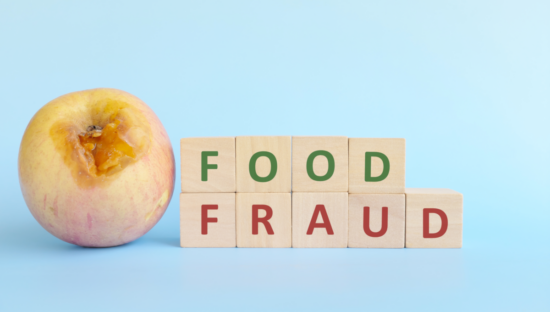Moonlight Companies is recalling California-grown conventional yellow and white peaches because they have the potential to be contaminated with Listeria monocytogenes.
This recall is being conducted because Listeria monocytogenes was identified in the packing facility environment.
The recalled peaches were sold at retail stores nationwide between Sept. 16 and Oct. 29. The peaches were either sold as individual pieces of fruit bearing PLU stickers or as multi-packs.
This recall does not include packages or PLU stickers with the words “Washington” and/or “Organic.”
The recalled products are listed in a summary table that can be found by clicking here.
No illnesses have been reported to date.
Consumers with questions can contact the company at 855-215-5017.
About Listeria infections
Food contaminated with Listeria monocytogenes may not look, smell or taste spoiled but can still cause serious and sometimes life-threatening infections. Anyone who has eaten any of the recalledpeachesand developed symptoms of Listeria infection should seek medical treatment and tell their doctors about the possible Listeria exposure.
Also, anyone who has eaten any of the recalled products should monitor themselves for symptoms during the coming weeks because it can take up to 70 days after exposure to Listeria for symptoms of listeriosis to develop.
Symptoms of Listeria infection can include vomiting, nausea, persistent fever, muscle aches, severe headache, and neck stiffness. Specific laboratory tests are required to diagnose Listeria infections, which can mimic other illnesses.
Pregnant women, the elderly, young children, and people such as cancer patients who have weakened immune systems are particularly at risk of serious illnesses, life-threatening infections, other complications and death. Although infected pregnant women may experience only mild, flu-like symptoms, their infections can lead to premature delivery, infection of the newborn, or even stillbirth.
(To sign up for a free subscription to Food Safety News, click here)



